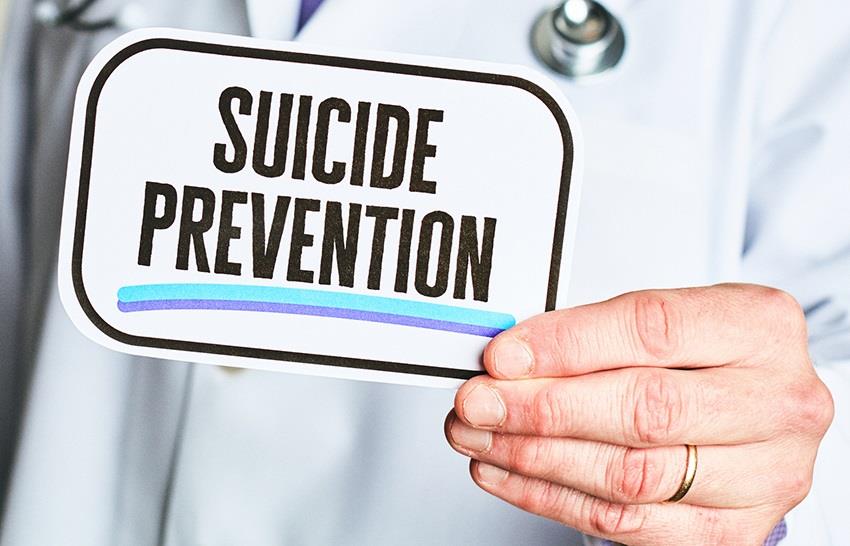
Expert Calls For Compassion To Prevent Suicides
Representational photo
Srinagar – Suicide remains one of the most painful and complex challenges facing humanity as it claims more lives each year than war or homicide, yet too often remains shrouded in silence.
Dr Mohammad Abrar Guroo, a psychiatrist, said that behind every statistic lies an individual story-a life that could have been saved if the right care, compassion, and timely support were extended.
According to the World Health Organization (WHO), more than 700,000 people die by suicide each year, making it the fourth leading cause of death among 15–29 year-olds. That translates to one life lost every 40 seconds.
In India, the challenge is acute. The National Crime Records Bureau reported 170,924 suicide deaths in 2022, the highest ever recorded, with a rate of 12.4 per 100,000 population. Particularly concerning is the rise of suicides among students and young adults-a reminder that the burden of expectations, social pressures, and unaddressed emotional pain can become overwhelming.
Dr Abrar said suicide is rarely about a single cause.“It is often the result of layered difficulties, including mental health conditions such as depression, bipolar disorder, or substance use, life stresses-financial hardships, unemployment, family conflicts, or academic pressure, trauma and adversity, including abuse, neglect, or exposure to violence and loneliness and isolation, where the absence of social support deepens despair,” he explained.
He said that understanding this complexity helps shift the narrative: people who contemplate suicide are not weak; they are in unbearable pain and in need of understanding and care.
“Islam regards life as a sacred trust from God, and suicide as forbidden. Yet Islamic teachings also emphasise mercy, hope, and the duty of the community to support those in distress,” Dr Guroo said, adding that Hinduism, too, views life as divinely gifted and suicide as a disruption of the soul's journey, while urging compassion for suffering individuals.
“Both traditions, despite their differences, affirm a shared principle: life is precious, and it is the responsibility of society to safeguard and support it, the doctor said.“These teachings are not meant to stigmatise those who suffer, but to remind us of our collective duty to respond with empathy.”
Dr Abrar said when someone expresses suicidal thoughts, it must never be dismissed as dramatisation or attention-seeking.“Every such signal is a cry for help. How we respond can mean the difference between life and death,” he added.
He encouraged seeking professional help – through psychiatrists, counsellors, and helplines, saying these provide lifelines of care and challenge stigma.
“One of the most promising recent steps in India's mental health response is Tele-MANAS, the government's free 24/7 tele-mental health helpline (dial 14416). It was designed precisely to bridge the enormous treatment gap-especially in regions where access to mental health professionals is limited,” Dr Guroo said.

Legal Disclaimer:
MENAFN provides the
information “as is” without warranty of any kind. We do not accept
any responsibility or liability for the accuracy, content, images,
videos, licenses, completeness, legality, or reliability of the information
contained in this article. If you have any complaints or copyright
issues related to this article, kindly contact the provider above.

















Comments
No comment